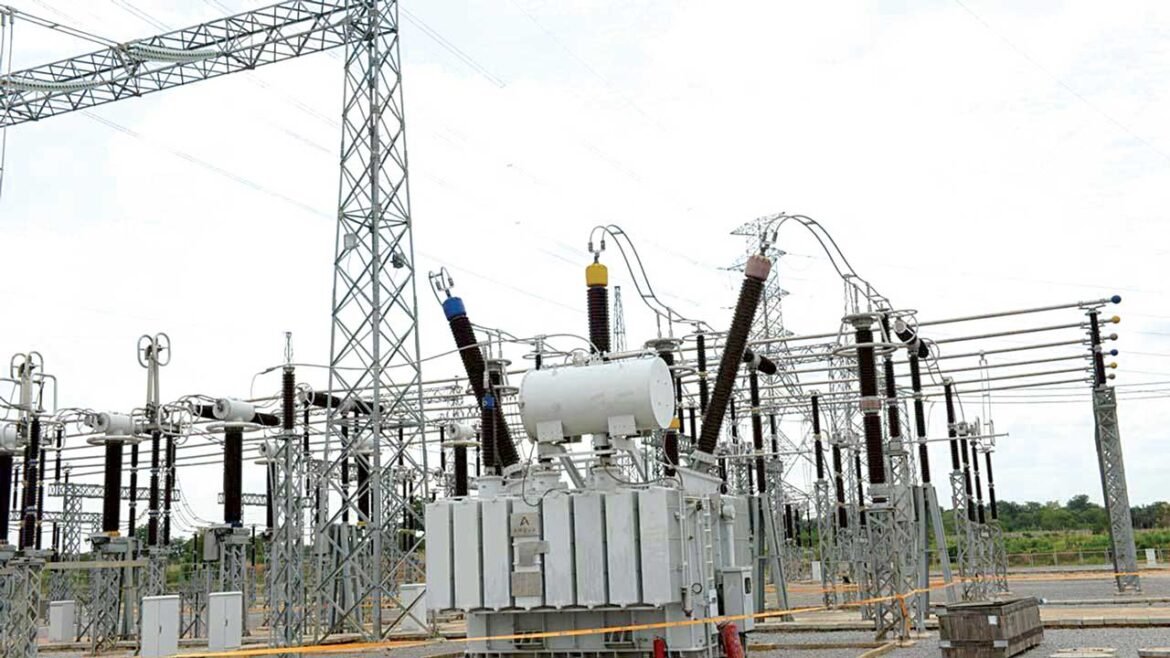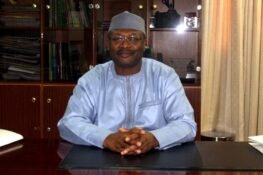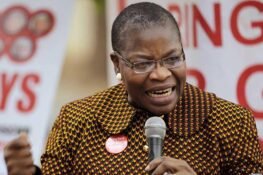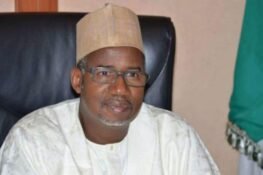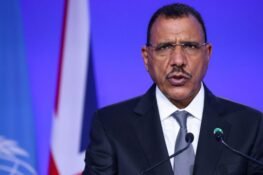The President of the Senate, Ahmed Lawan, and the Speaker of the House of Representatives, Hon Femi Gbajabiamila, took their protest over new electricity tariffs to President Muhammadu Buhari and Vice-President Yemi Osinbajo on Tuesday.
The National Assembly’s leadership had after a meeting with power sector stakeholders; the DisCos, GenCos and the Nigerian Electricity Regulatory Commission on Monday, directed the postponement of the July 1 commencement date of the new tariffs.
On Tuesday, the two presiding officers went to the Presidential Villa to discuss the issue with President Buhari and Vice President Osinbajo, explaining to them why new tariffs would be “wrong timing” at the moment.
Speaking with State House Correspondents after the meetings, Ahmad said the country faced trying times, adding that it would worsen the burden on Nigerians by asking them to pay more for power amid the COVID-19 pandemic.
He spoke shortly after the meeting with Osinbajo, which was the final lap, ended.
Ahmad explained, “We have come to visit our VP, one of our leaders, in connection with the impending electricity tariffs in the country.
“The joint leadership of the National Assembly sat yesterday with DisCos and the regulatory agency. We believe that this is not the right time to increase the tariffs in the electricity sector.
“Nigerians have a lot of challenges today because of the COVID-19 pandemic and the situation requires that we do everything possible to make life easy for our citizens.
“Of course, government is doing a lot in this respect but we believe that the DisCos should meet with the consumers, find better cost-effective tariffs. But, before then, there must be some steps to ensure that the consumers are properly metered, otherwise you will still go back to guessing what consumers are consuming.
“That is to say that let the billing be scientifically-based; it has to be based on what you actually consumed.
“So, we had this discussion with Mr. VP and we are sure that that announcement in the increase of electricity tariff in Nigeria is untimely. We believe that we need to do more work to ensure that before any increase, there must be some measures, steps, line of actions that must be exhausted, including the metering.”
On his part, Gbajabiamila said the National Assembly was not against cost-reflective tariffs, as it recognised the fact that the investors must make some profit.
However, he argued that raising tariffs must be done at the appropriate time and when the mood of the nation was ready for it.
He said this point was made in the separate meetings with Buhari and Osinbajo.
Gbajabiamila added, “Let me just say that we saw the President earlier this morning and we have seen the Vice-President today. The whole idea is that when there is a major policy decision, it is always good that the legislature and the executive are on the same page so that we don’t sing different tunes.
“I will like to say that I think we have all agreed on an increase in cost-reflective tariffs, but the issue is that the timing is also important. Sometimes, timing is more important than even the policy decision that you make. There is a saying that the road to hell is often paved with good intentions. So the intentions is good but what about the timing.
“We have all agreed to suspend this for a while, tarry a while and get the buy-in of the people, explain to the people why this has to be done; that it is for the betterment for the electricity to get stable.
“They are businessmen and cannot be undercutting themselves. I think so far so good, the President listened attentively; the Vice-President listened attentively; and I think everybody is on the same page.
“Hopefully, we will get some reprieve between now and whenever but it is not going to happen today.”
